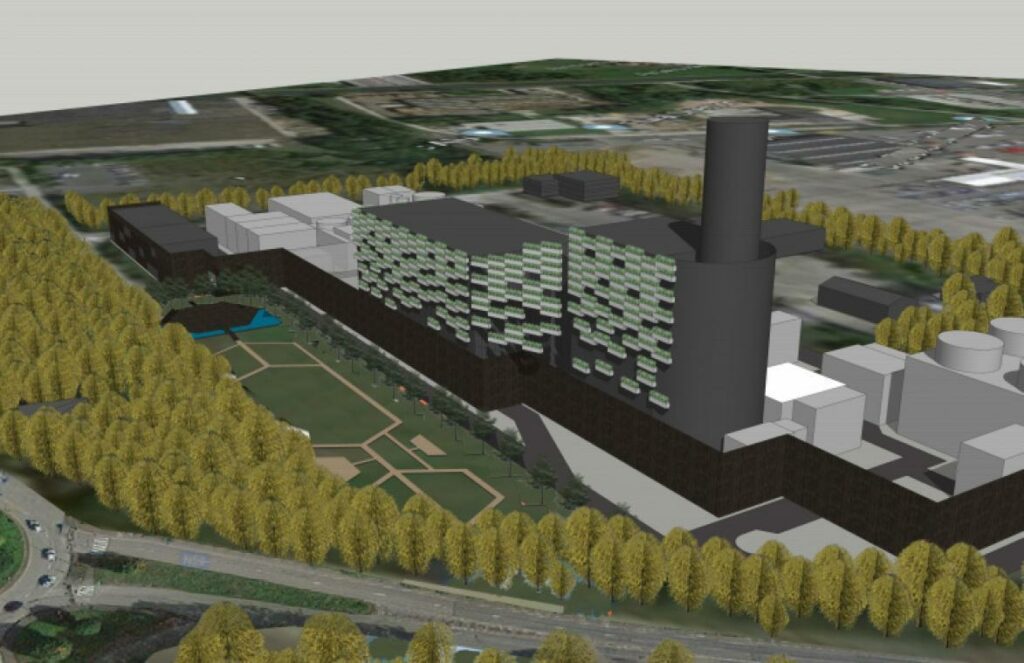Walloon ministers have approved plans for the construction of a gas-fired power plant in Manage, Wallonia, RTBF reported on 28 February.
The project, managed by Bali Wind, a subsidiary of the Dutch energy company Eneco, should produce up to 870 megawatts of electricity for the Belgian energy grid. Ministers were unable to agree on the exact nature of plans for the plant’s construction and placed certain conditions on the permit.
The project is not popular among locals. To satisfy the concerns of residents of the Seneffe and Manage municipalities, the permit now includes special considerations relating to urban planning and environmental concerns.
The project is part of the government’s controversial move to reduce Belgium’s dependence on nuclear energy. At present, Belgium generates 39% of its energy from nuclear power plants, however Belgium is aiming to phase out its nuclear power plants by 2025.
Related News
- Nuclear exit: Federal energy regulator raises concerns for energy security
- Green energies? Nuclear power and natural gas cause a stir
An open letter to Belgian Prime Minister Alexander De Croo in August 2021, signed by over 200 engineers, described Belgium's nuclear phase-out as an “irreversible loss”, and warned that “every new gas power plant subsidised on Belgian soil is an admitted act of pollution over several decades.”
Belgium’s move away from nuclear is intended to make way for a greater share of renewable energy projects. However, the transition will take some time and require Belgium to increase its gas-powered capacity to make up for the shortfall.
The country does not have any coal power plants or oil-fired plants, meaning that it relies very heavily on gas. Experts have warned that a rapid phase-out of nuclear energy could lead to energy supply shortages in the country if it does not scale up its development of renewable and thermal energy.
Natural gas produces up to 50-60% less greenhouse gasses than other fossil fuels. Nevertheless, gas power production still releases far more carbon dioxide than nuclear energy, which will make it difficult to align with Belgium's commitments to reduce emissions.

